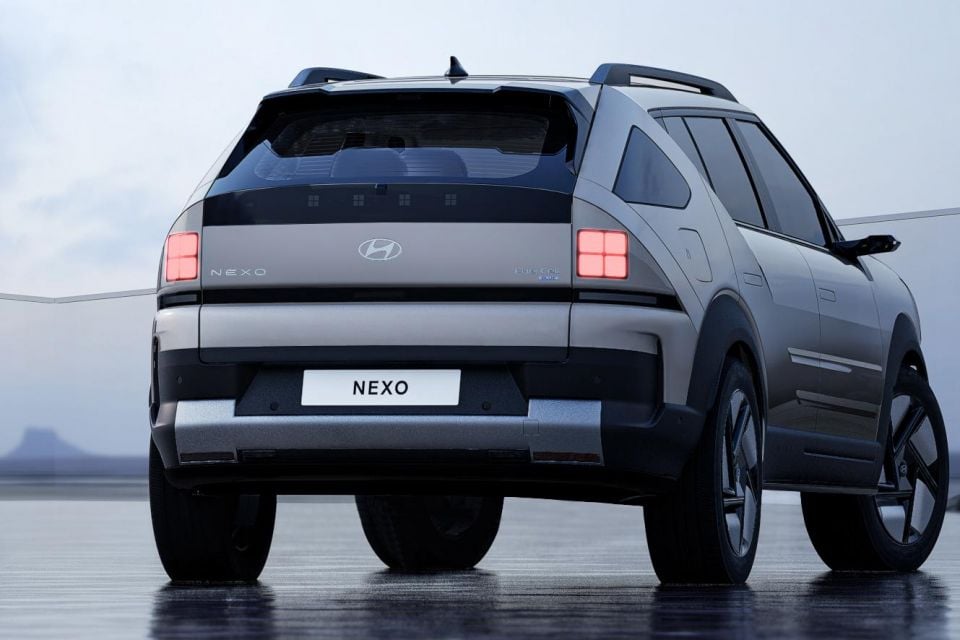Hyundai Motor Group is making a long-term guess on power applied sciences past the standard lithium-ion battery, with its govt chair signalling that each solid-state batteries and hydrogen gasoline cells will outline the corporate’s roadmap for many years to come back.
Euisun Chung, talking on its electrification ambitions in a recorded interview with Automotive Information, made it clear the corporate intends to remain forward in EV growth.
“We’re a part of the main group of the EV gross sales and vehicles. That’s why I’m so pleased with our R&D individuals and that we have now a e-GMP platform, and now we’re specializing in the stable state battery.”
Hyundai’s e-GMP structure already underpins fashions just like the Ioniq 5, Ioniq 6, Kia EV6 and Genesis GV60, giving the group one of the aggressive EV ranges globally.
CarExpert can prevent hundreds on a brand new automobile. Click on right here to get an important deal.
However whereas present fashions depend on lithium-ion chemistry, the corporate is investing closely in solid-state battery analysis, which guarantees greater power density, sooner charging, and improved security.
Mr Chung went additional, stressing that hydrogen may also play a key position — not just for vehicles, however for heavy transport and delivery the place battery tech struggles.
“So future EV and hydrogen is essential for our subsequent technology. Perhaps subsequent technology. I don’t know, perhaps my granddaughter is right here or not, however she’s one and a half years outdated, and after perhaps 50 years, they may get pleasure from perhaps a hybrid of EV and gasoline cell EV!” he stated.
“In fact, tram, practice, huge ship and boat is shifting by hydrogen and vans.”
Hyundai has been one of many few international carmakers to proceed pursuing hydrogen alongside battery EVs, with its Nexo SUV and hydrogen-powered vans already in restricted markets. Mr Chung acknowledged the challenges, notably the fee.

“In fact, it takes quite a lot of value and excessive value and till now, hydrogen could be very costly, however we try to reducing a value with a hydrogen council,” he stated.
“And even in Korea, we’re getting hydrogen from waste meals and likewise in [nuclear power plants] there are various locations we will get hydrogen, so [we are] reducing prices – then sometime, perhaps after 30 years, perhaps we will use hydrogen gasoline cells simply.”
That timeframe displays Hyundai’s lengthy view: whereas batteries dominate as we speak, hydrogen could possibly be decisive for future infrastructure, notably in Asia and Europe, the place governments proceed to fund hydrogen ecosystems.
Hyundai has dedicated to growing next-generation gasoline cell methods for commercial-exclusive functions.
Mr Chung’s feedback underscore Hyundai’s place as one of many few automakers concurrently betting on battery-electric, hydrogen gasoline cell, and hybrid options — a hedge that might assist the model climate future shifts in expertise and regulation.

